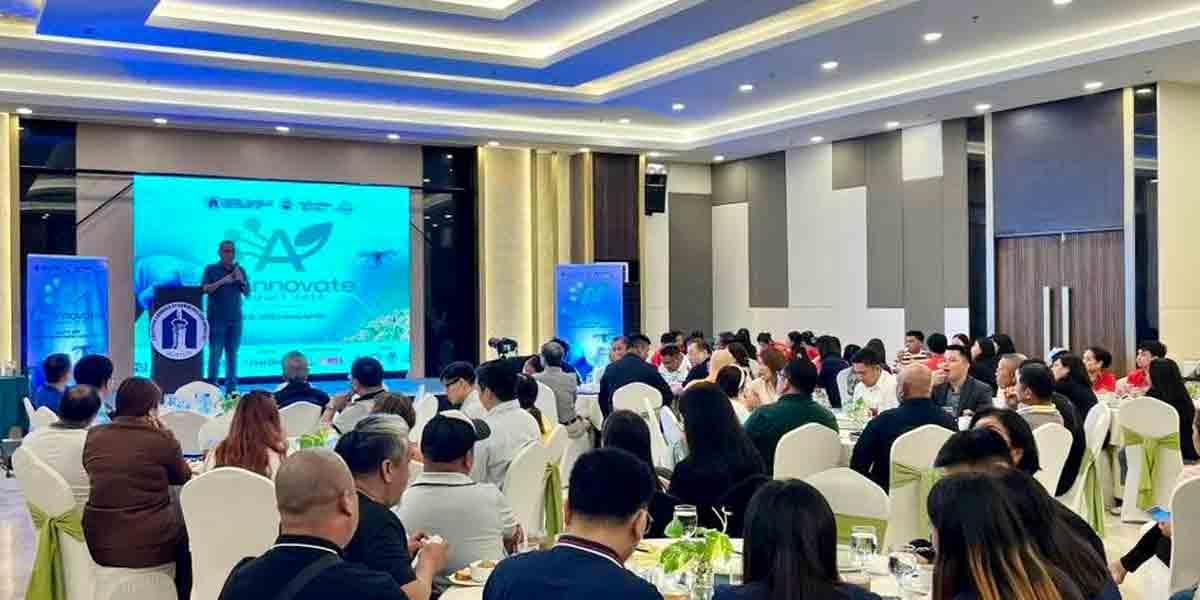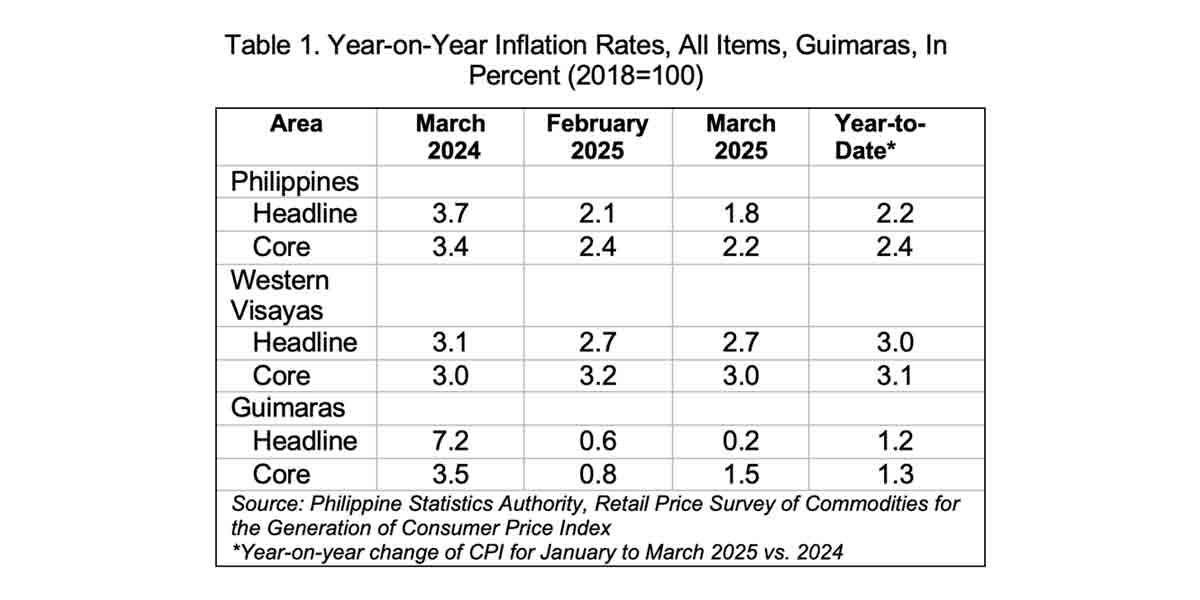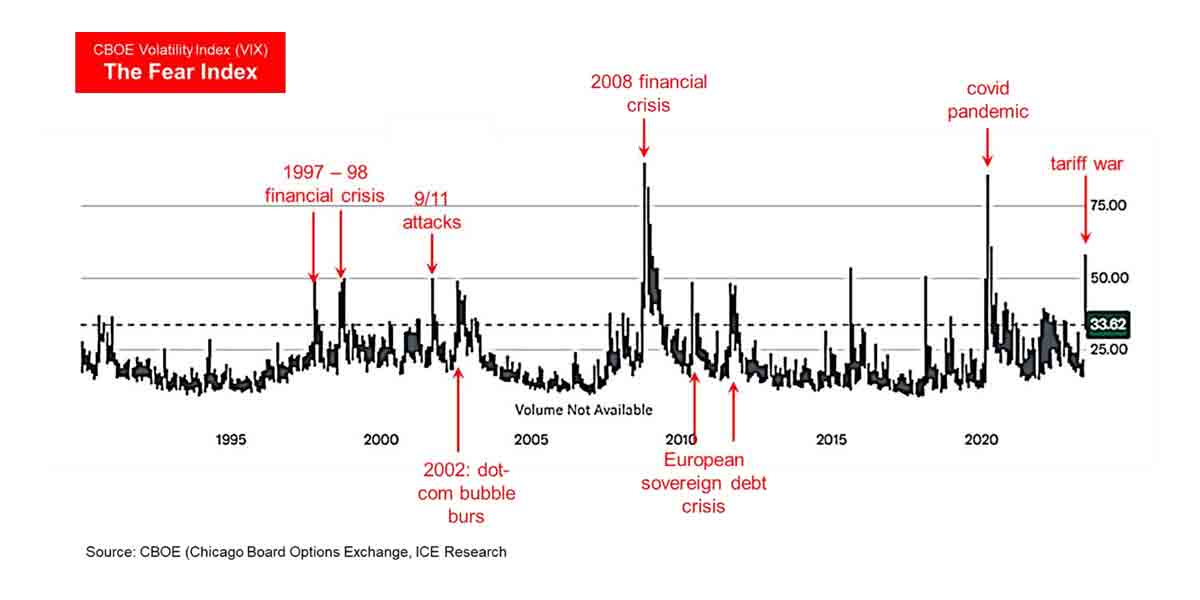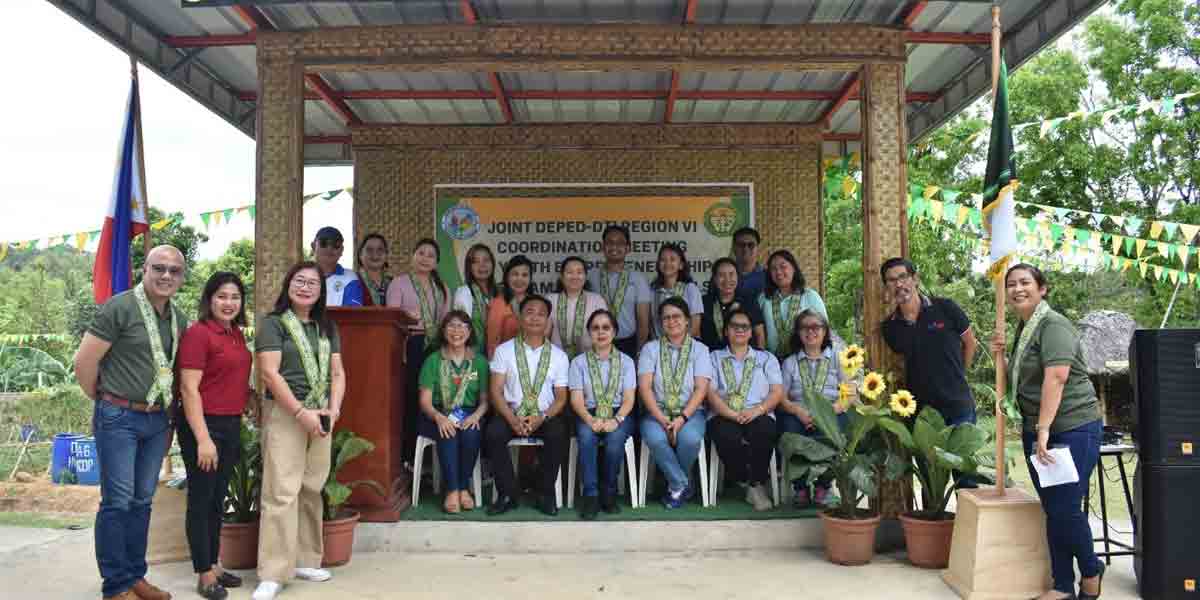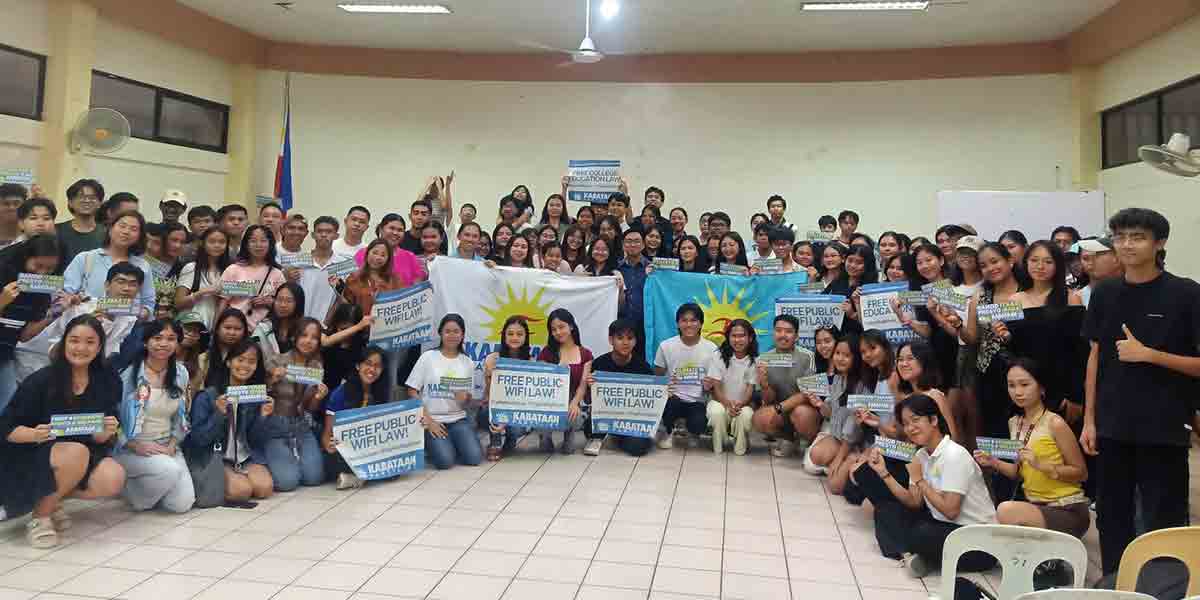The Philippines’ transition to cleaner energy has found a promising ally in small modular reactors (SMRs), with Meralco group leading the way.
These compact, efficient reactors could revolutionize the country’s energy mix while addressing long-standing challenges in grid reliability and environmental sustainability.
SMRs offer distinct advantages over traditional nuclear power plants.
Their smaller size and modular design make them ideal for an archipelago like the Philippines, where geographic fragmentation complicates energy distribution.
With a minimum capacity of 70 megawatts, SMRs can cater to smaller grids, such as those in Cebu or Mindanao, without the logistical burdens of building massive infrastructure.
This scalability is a game-changer for a nation with thin energy reserve margins and frequent outages.
Furthermore, SMRs come with advanced safety features, such as passive cooling systems, which reduce the risk of catastrophic failures.
Their standardized design also simplifies construction and lowers costs, making them a feasible alternative for developing nations.
The Philippines’ existing energy challenges underscore the urgency of integrating nuclear power into its portfolio.
While renewable sources like solar and wind are gaining traction, their intermittency limits their ability to replace baseload power entirely.
SMRs can fill this gap, providing stable, carbon-free energy to complement renewables and reduce dependence on coal and natural gas.
The environmental benefits of SMRs are clear. They emit zero greenhouse gases during operation and require less land compared to large-scale solar or wind farms.
As the Philippines grapples with the dual threats of climate change and energy insecurity, SMRs present a sustainable and efficient solution.
However, the adoption of SMRs is not without risks and challenges. Nuclear energy requires stringent regulatory frameworks and a skilled workforce to ensure safety and mitigate potential hazards.
The memory of the Bataan Nuclear Power Plant and its abandonment looms large, serving as a reminder of the pitfalls of poor planning and public mistrust.
Meralco’s proactive approach to these concerns is commendable. By investing in the education of Filipino engineers and collaborating with global leaders in nuclear technology, the company is laying a strong foundation for the safe implementation of SMRs.
Its partnership with Ultra Safe Nuclear Corporation and scholarship programs for nuclear science are steps in the right direction.
Equally critical is the modernization of the Philippines’ regulatory framework, which currently dates back to the 1980s. Updated policies, combined with enhanced training for regulators, will be crucial in ensuring the safe and efficient deployment of SMRs.
Public acceptance remains a hurdle. Meralco and other stakeholders must prioritize transparency and education to address misconceptions about nuclear energy.
Community engagement and partnerships, such as the company’s initiatives in Iloilo City, can help build trust and demonstrate the tangible benefits of their projects.
The integration of SMRs into the Philippines’ energy mix represents a bold but necessary step toward energy security and environmental stewardship.
While challenges persist, the potential benefits of SMRs far outweigh the risks, provided that their implementation is handled with care and foresight.



